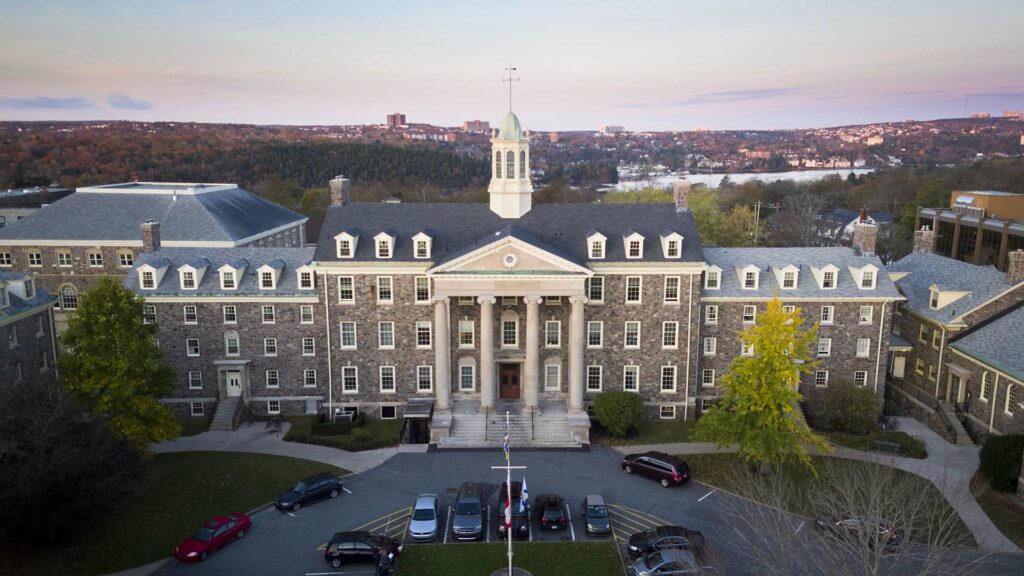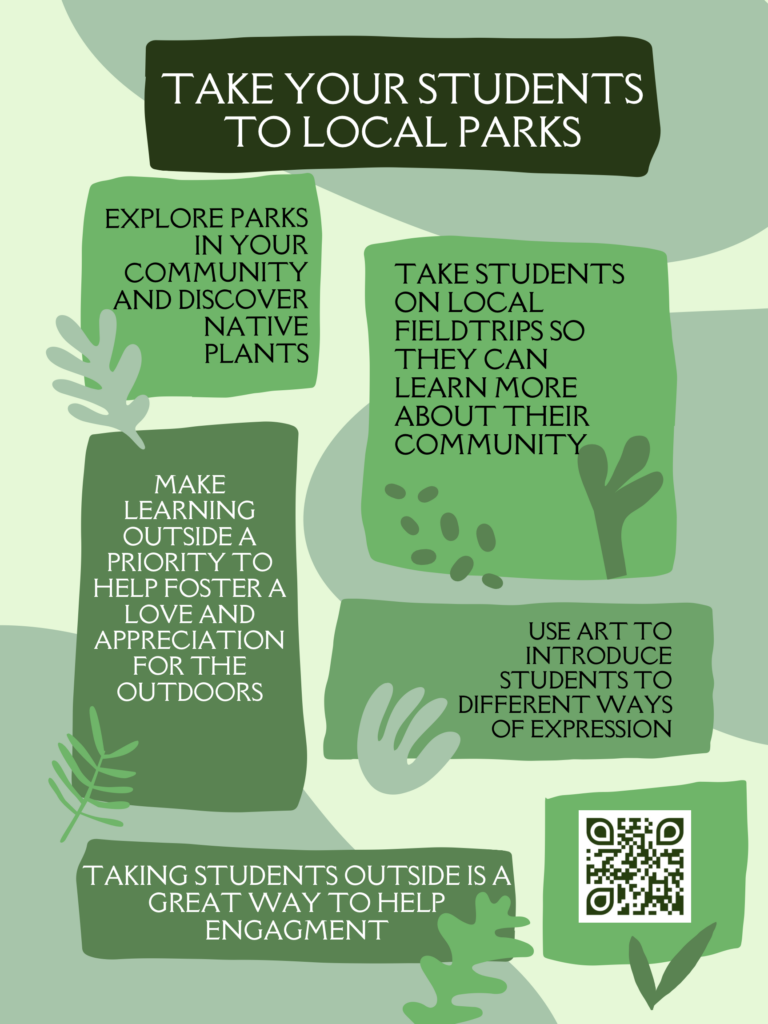Educators demonstrate a broad knowledge base and an understanding of areas they teach.
As an educator, I am expected to enter the classroom knowing a wide variety of knowledge centred around what I am teaching (I am centred in the humanities, but at this point I have only taught English (early September 2024).
My background until this point is very varied (in terms of what I have learned and knowledge that I have gained in university through my undergrad). For my undergraduate degree, I had received a Bachelors of Arts with a major in political science with minors in philosophy and contemporary studies (just a fancy name for philosophy). I had largely focused on political theory and women’s history when I had been able to pick my own courses. I also took a number of English courses during my undergrad.

Above is a picture of the University of Kings College Halifax. This is where I had completed most of my degree and where I had lived for 2 and a half years while working through my degree. I had also attended Dalhousie since if you do a degree at Kings you take a lot of your classes at Dalhousie since Kings is a tiny university.
As I work towards becoming a humanities teacher, one of the things that I have spent a lot of time doing is using the knowledge that I already have and working to integrate it into my classroom. So in my English classes I often include small pieces of history that I have either learned through my degree or on my own time. I love history and it is something that I am very excited to teach at one point.
Getting to reflect on the knowledge that I have and adapt it (make high school accessible) is something that I have loved doing and look forward to doing in the future.
Part of this standard (or at least what I consider to be apart of the standard), is learning more about what you do not know, so you are able to expand your knowledge and help better support your students and their learning.
One thing that I have personally been working on with the help of one of my teachers, is an outdoor education resource. I do not have a lot of experience with outdoor education and it is something that I am trying to expand and work on.
So the actual resource is a K-12 piece where I give examples on how teachers are able to take their students outside to local parks to work on different projects and ideas. So some of the ideas that I have come up with are different arts and crafts (such as making the very hungry caterpillar out of things from your local park or doing poetry inspired by nature).

This is the poster that I have made to go along with the resource. Currently the QR code does not work but it will be updated when I have finished (and I will take this sentence when I am done).
I do think that knowing your subject matter is important, but it is also important to expand your knowledge and bring it into your classroom when you are able to.